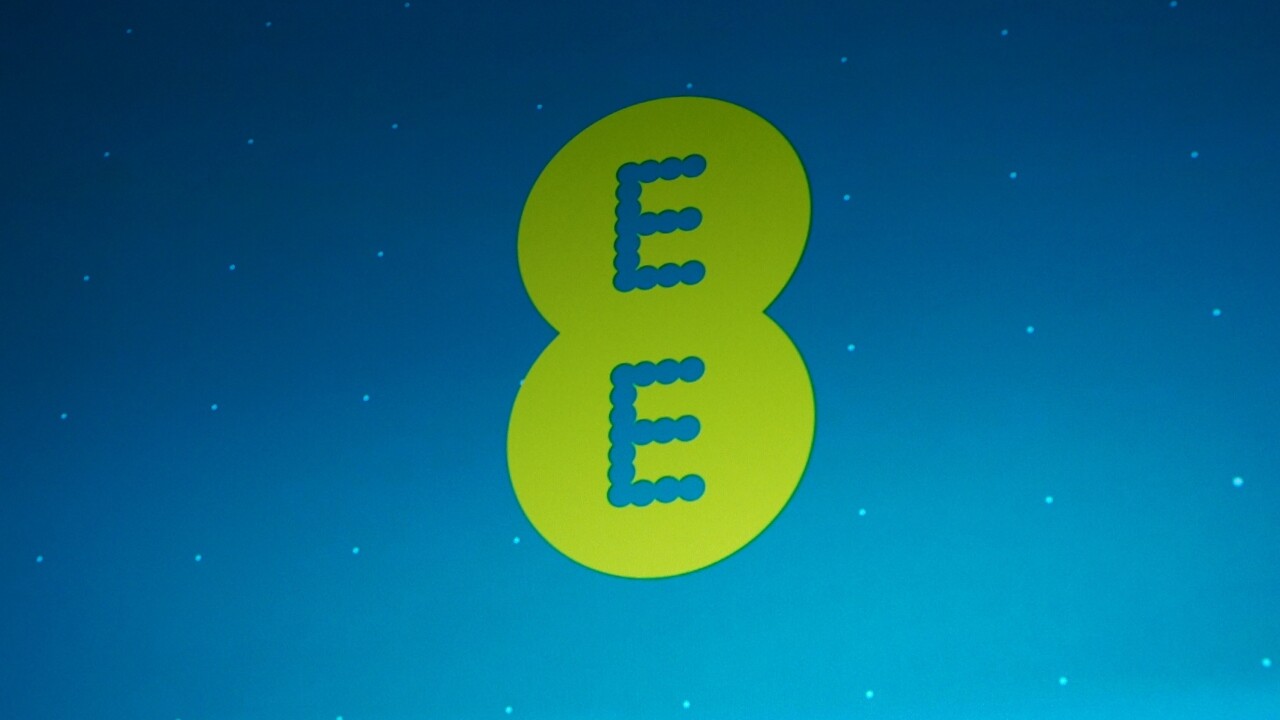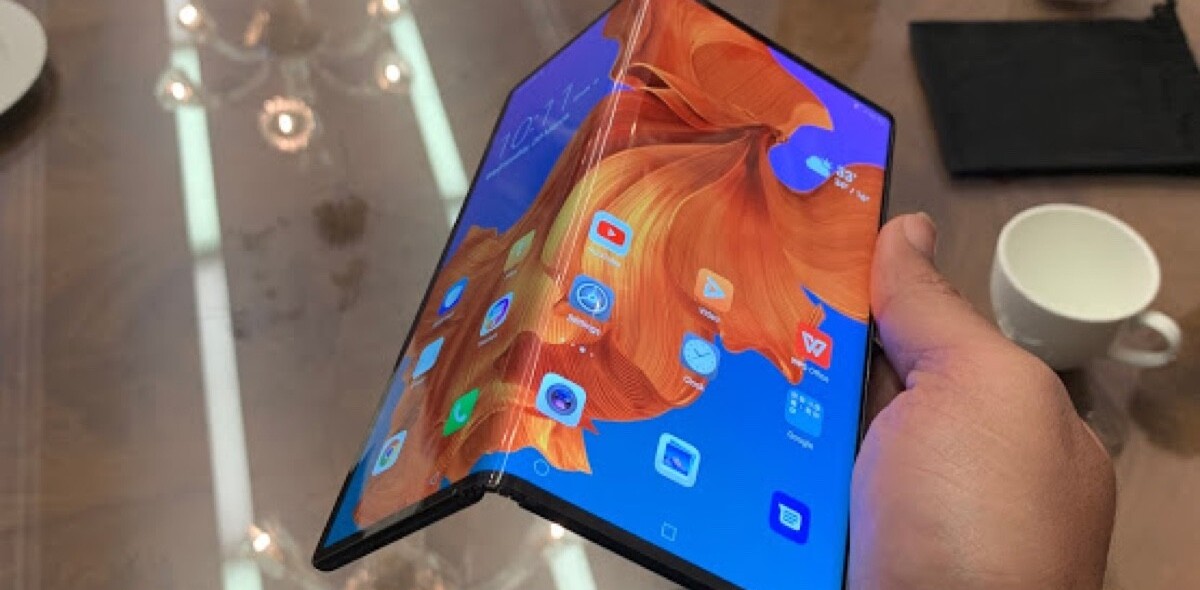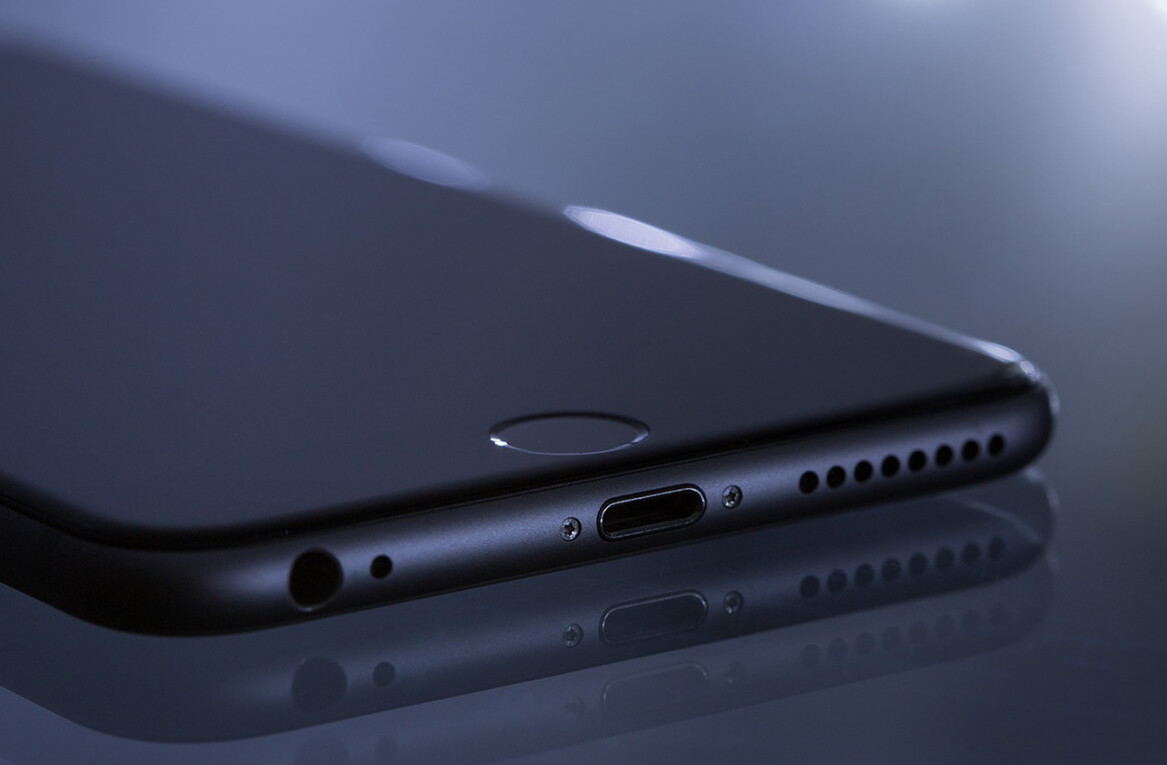
With Ofcom’s 4G auction officially over and operators rush to prepare their own infrastructure, EE — the UK’s first 4G network — has today extended its 4G network even further, pushing LTE connectivity in nine new towns and cities.
The company says that mobile customers in Barnsley, Chorley, Coventry, Newport, Preston, Rotherham, Telford, Walsall and Watford will receive superfast mobile connections, taking the total tally up to 37, four months after EE switched on its first networks.
For EE, it’s another 9 of the 27 towns and cities that the company pledged to switch on at the beginning of the month. Following today’s announcement, the operator will cover roughly 45 percent of the UK, but hopes to cover 55 percent by the end of June.
By the end of Summer, EE hopes to be live in 72 towns and cities, just as Vodafone, O2 and Three all begin to launch their own services.
Last week, the UK’s 4G auction had concluded, with EE, Three, Niche Spectrum Ventures Ltd (part of BT), O2 and Vodafone raising £2.34 billion ($3.62 billion) to secure a total of 250 MHz of LTE spectrum. The five bidders each paid in the hundreds of millions of pounds to secure parts of the important 800 MHz and 2.6 GHz bands.
EE won two 5 MHz lots of 800 MHz and two 35 MHz lots of 2.6 GHz spectrum for a total of £588,876,000 ($909.5 million), Three secured two 5 MHz lots of 800 MHz for £225,000,000 ($347.5 million), as BT’s Niche Spectrum Ventures won two 15 MHz of 2.6 GHz and one 20 MHz lot of 2.6 GHz (unpaired) spectrum for £186,476,000 ($288 million).
Paying £550,000,000 ($852 million), Telefonica (O2) went on to win two 10 MHz lots of 800 MHz spectrum, which it will be obliged to provide to 98 percent of the UK.
Vodafone, perhaps the most vociferous of the operators following EE’s early launch of its 1800 MHz 4G networks last year, managed to get its hands on two 10 MHz lots of 800 MHz, two 20 MHz lots of 2.6 GHz and one 25 MHz lot of 2.6 GHz for a total of £790,761,000 ($1.22 billion).
Vodafone, O2 and Three hope to have their networks switched on by the end of spring, early summer. Then, we can expect price wars, speed claims and a whole lot of competition.
Get the TNW newsletter
Get the most important tech news in your inbox each week.




